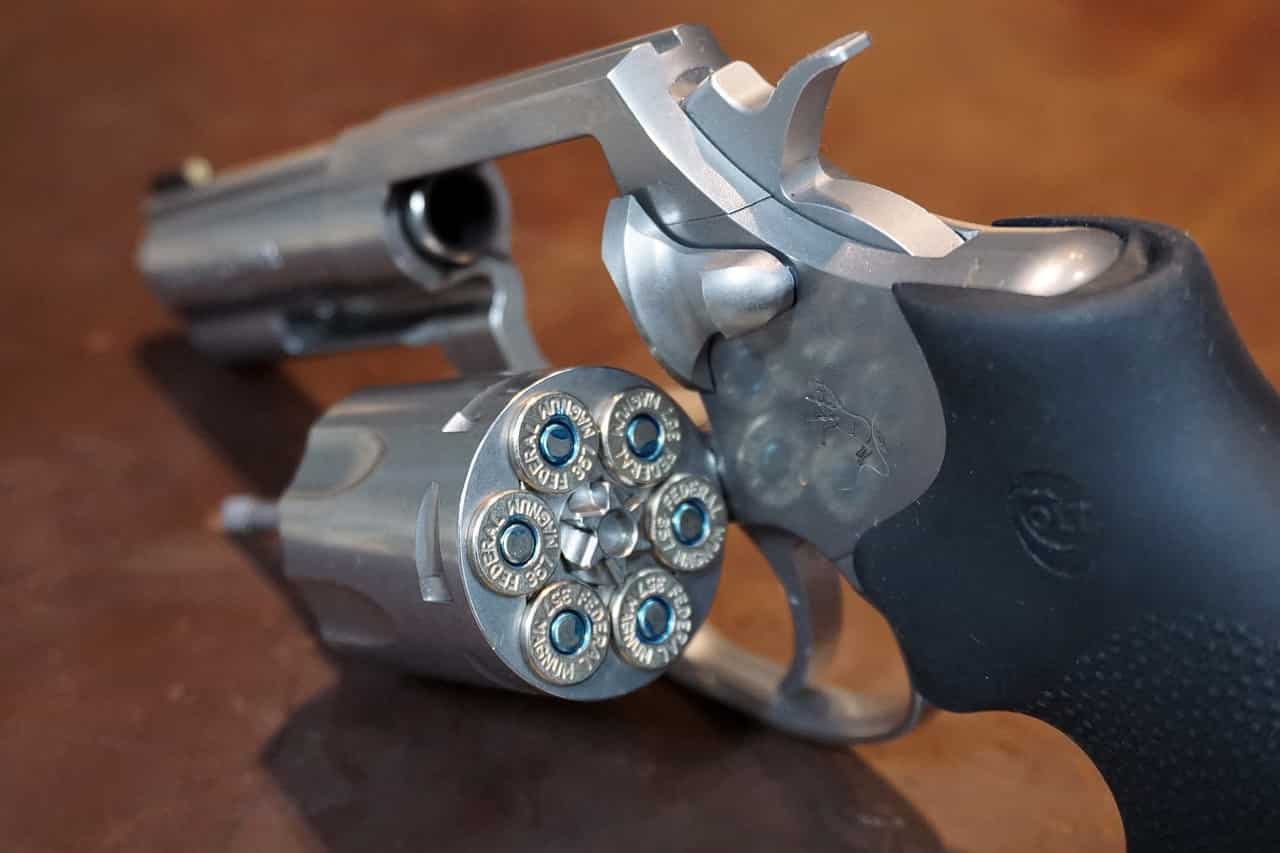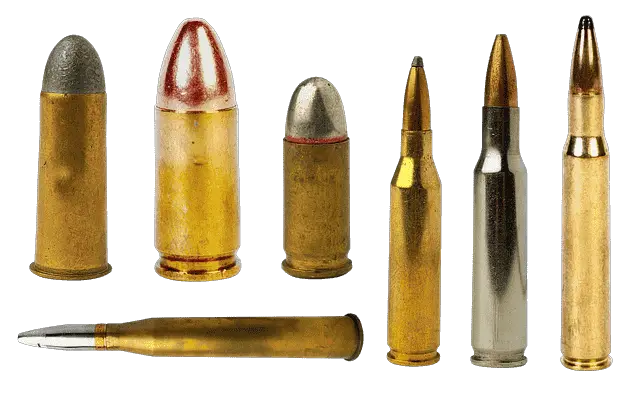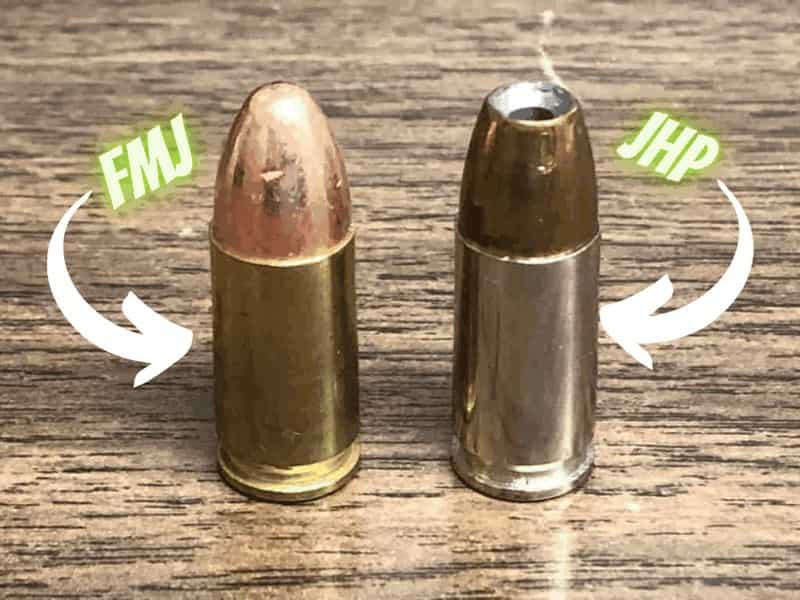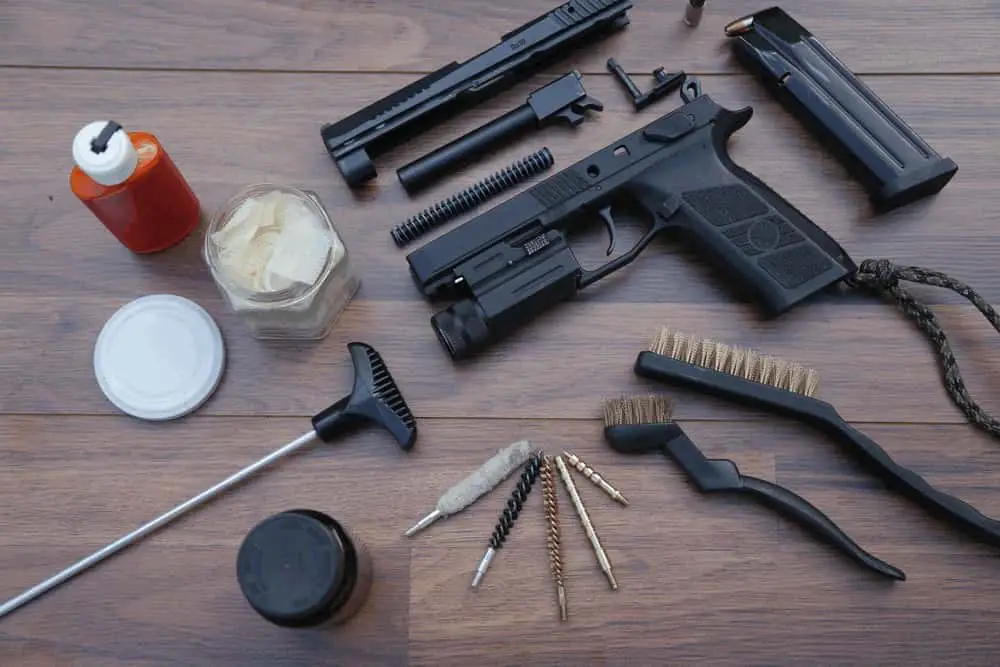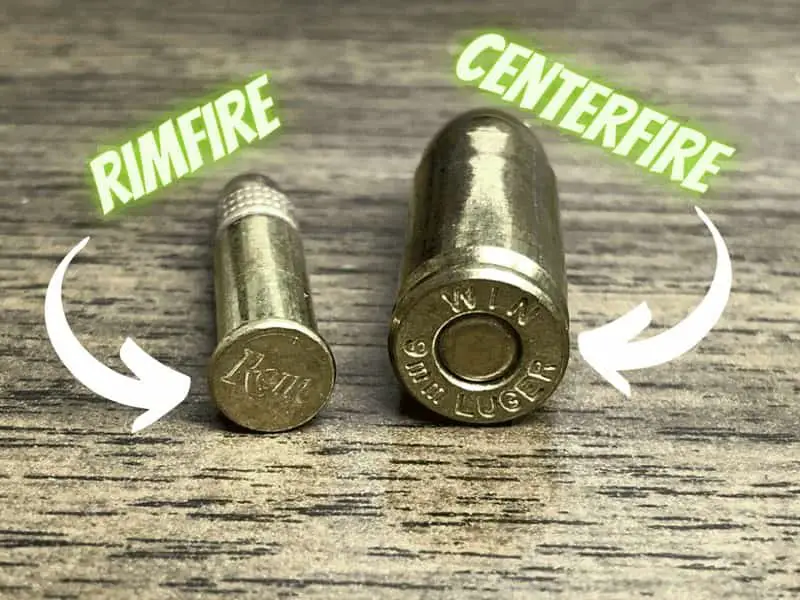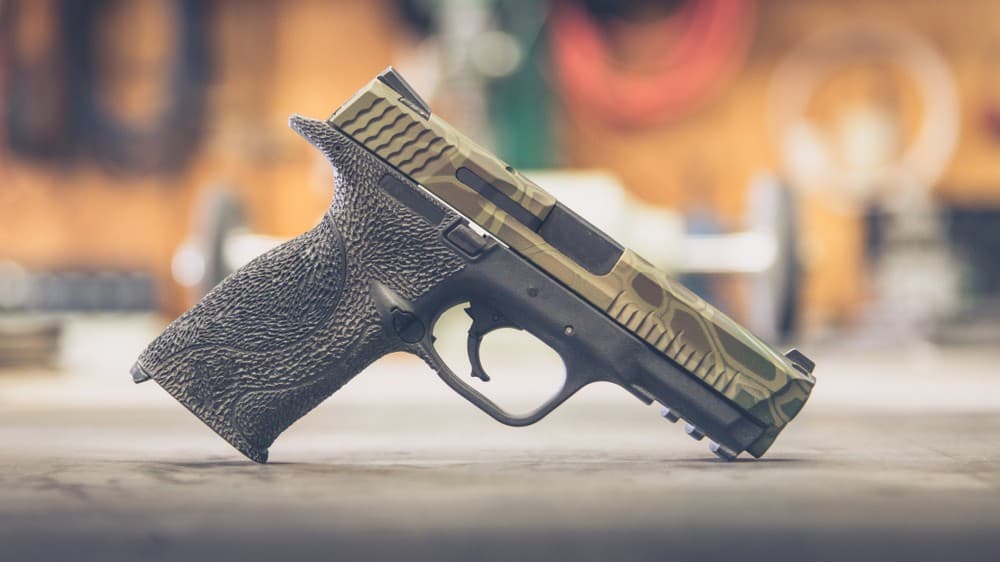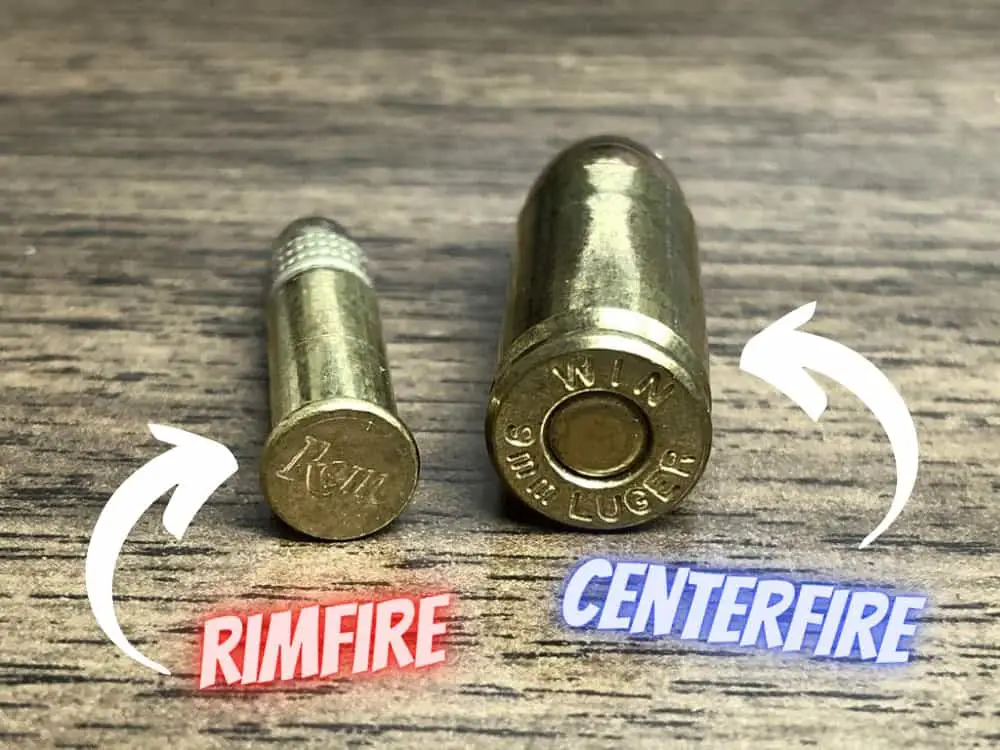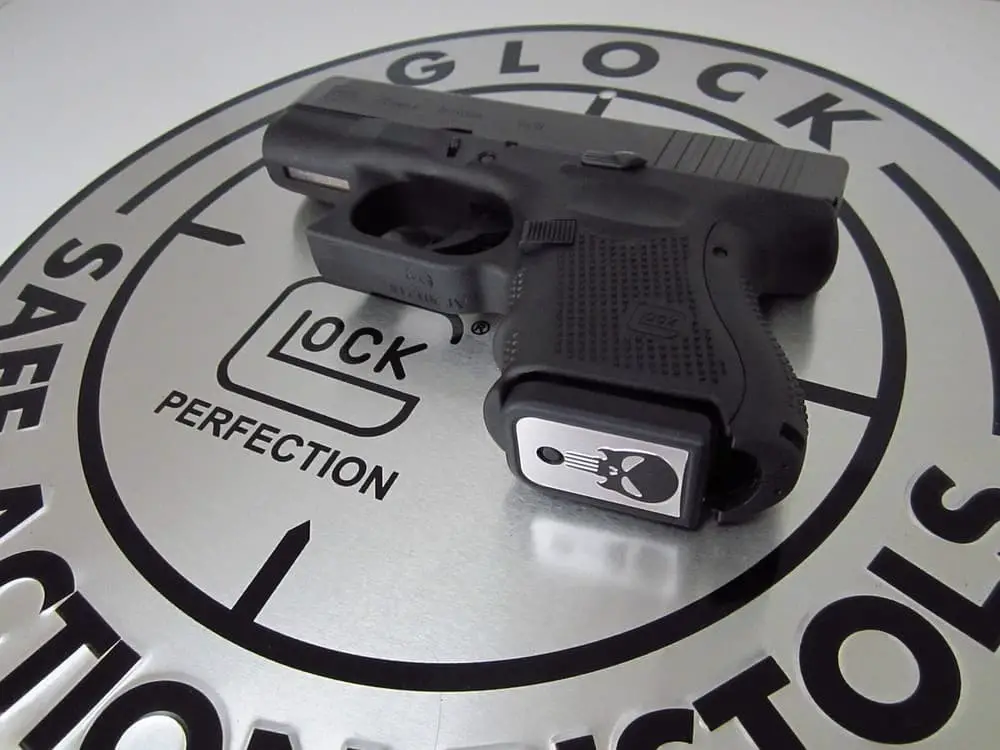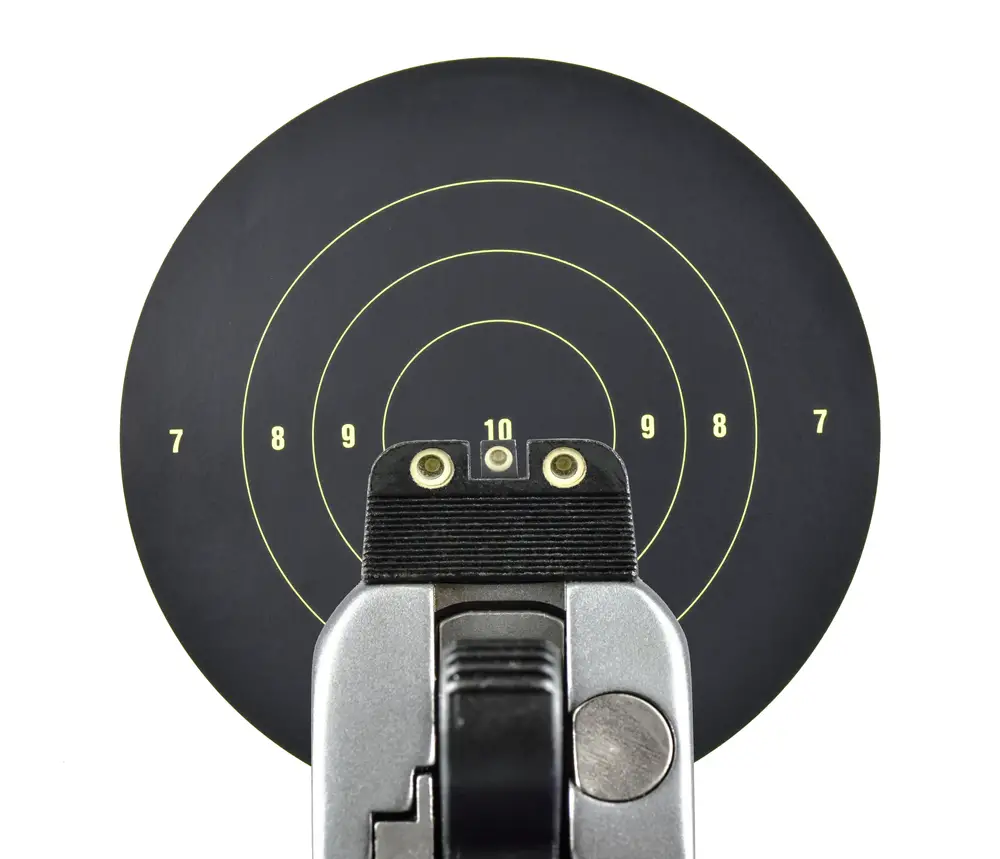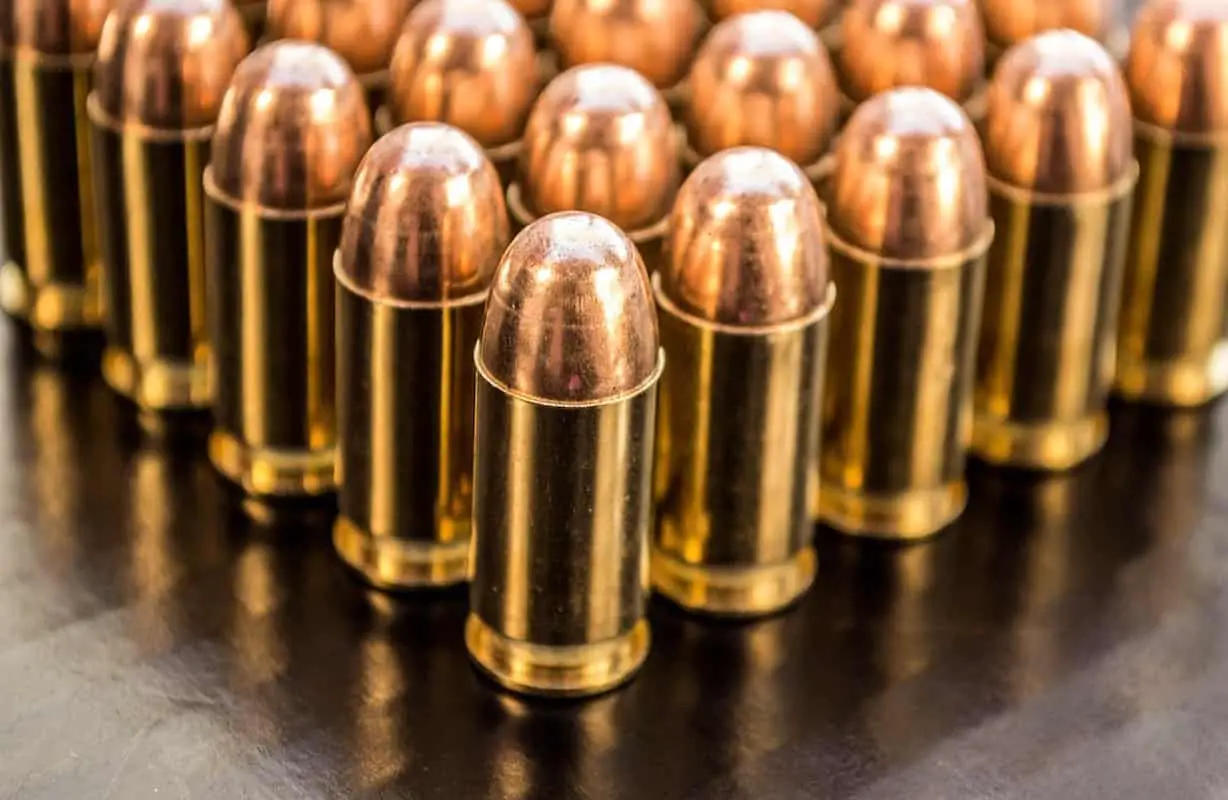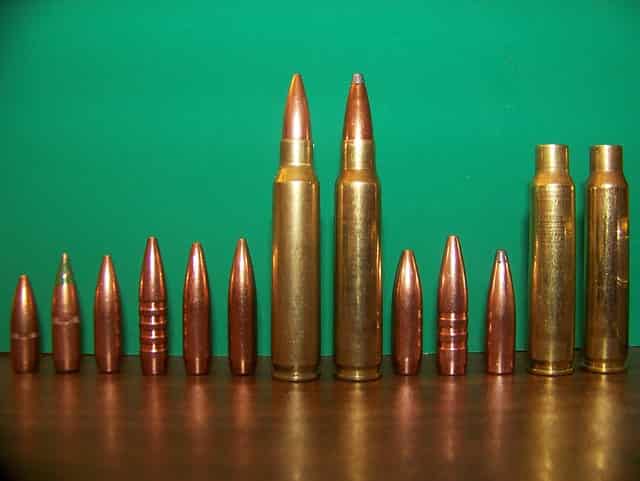
Grain is a term that is often used when discussing ammunition, but what exactly does it mean? In short, grain is a unit of measurement used to describe the weight of a bullet. One grain is equivalent to 1/7000th of a pound, which means that even small differences in weight can make a significant impact on the performance of the bullet.
When it comes to shooting, accuracy is key. The weight of the bullet can affect its trajectory, velocity, and impact on the target. Heavier bullets tend to have more recoil and can be more difficult to shoot accurately, while lighter bullets may not have enough energy to penetrate the target. Understanding the grain of the bullet can help shooters choose the right ammunition for their needs and preferences.
In addition to the weight of the bullet, other factors such as the powder load, primer, and cartridge can affect the performance of the ammunition. Whether you are hunting, plinking, or using your firearm for self-defense, it is important to consider all of these factors when selecting the right ammunition for your needs. By understanding the meaning of grain and how it relates to the performance of your ammunition, you can make informed decisions and improve your shooting skills.
What Does Grain Mean in Ammo?
Grain is a unit of measurement used in the ammunition industry to describe the weight of a bullet. It is defined as 1/7000th of a pound or approximately 0.0648 grams. The weight of a bullet is an important factor in determining its performance and trajectory.
The grain measurement is used to describe the weight of the bullet, not the weight of the entire cartridge. For example, a 9mm cartridge may have a total weight of 115 grains, but the bullet itself may only weigh 115 grains. The weight of the cartridge case, primer, and gunpowder is not included in the grain measurement.
The weight of a bullet can affect its velocity, accuracy, and stopping power. A heavier bullet will typically have more recoil and a slower velocity, but may penetrate deeper into a target. A lighter bullet will typically have less recoil and a faster velocity, but may not penetrate as deeply.
In general, the higher the grain weight of a bullet, the more powerful it will be. However, it is important to note that other factors, such as the type of gunpowder used and the design of the bullet, can also affect its performance.
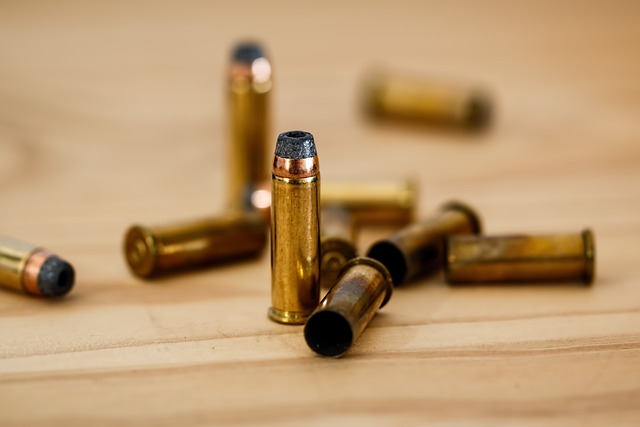
How is Grain Measured?
Grain is typically measured using a scale that is specifically designed for weighing bullets and other small items. The scale is calibrated in grains, and the weight of the bullet is determined by placing it on the scale and reading the measurement.
It’s important to note that the weight of a bullet is not the only factor that determines its performance. Other factors, such as the shape of the bullet and the velocity at which it is fired, also play a significant role in determining its effectiveness.
When purchasing ammunition, it’s important to pay attention to the grain weight of the bullets. Different types of ammunition will have different grain weights, and the weight of the bullet will affect its accuracy and stopping power.
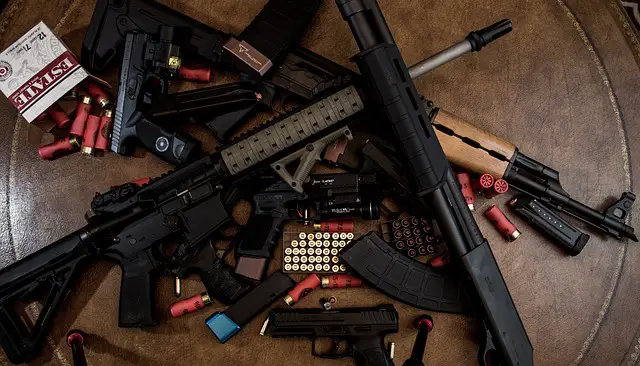
Why is Grain Important?
One of the primary reasons why grain weight is important is because it affects the velocity and trajectory of the bullet. Heavier bullets tend to have a slower muzzle velocity and a more arcing trajectory than lighter bullets. This is because the heavier bullet requires more energy to be propelled out of the barrel, and therefore has a slower initial velocity. However, heavier bullets also tend to retain their energy and momentum better over long distances, making them more accurate at longer ranges.
Another reason why grain weight is important is because it affects the recoil of the gun. Heavier bullets tend to produce more recoil than lighter bullets, because they require more energy to be propelled out of the barrel. This can make shooting more difficult, especially for novice shooters who may struggle with controlling recoil.
The grain weight of a bullet also affects its terminal ballistics, or its ability to penetrate a target. Heavier bullets tend to penetrate deeper than lighter bullets, which can be an important factor in hunting or self-defense scenarios.
In addition to the weight of the bullet, the powder load and primer also play a role in determining the performance of the cartridge. However, the grain weight of the bullet is perhaps the most important factor to consider when selecting ammunition for a particular purpose.
Overall, the grain weight of a bullet is an important consideration for anyone who is interested in shooting, hunting, or self-defense. It affects the accuracy, recoil, penetration, and other characteristics of the bullet, and therefore plays a critical role in determining the performance of the cartridge.
Have you ever thought about buying ammo online?
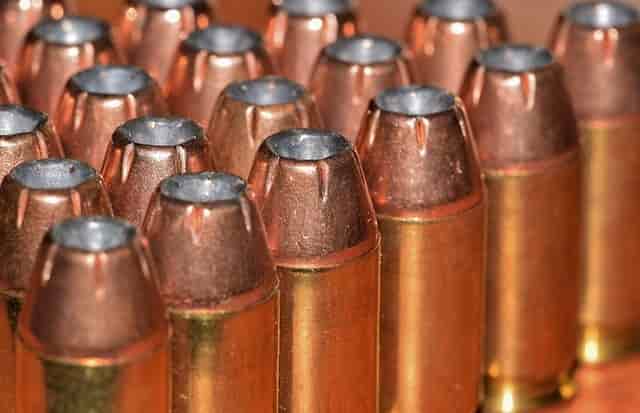
I’m telling you it’s so easy with Lucky Gunner! The ammo shown on their site is guaranteed to be in stock and will ship fast. I heartily endorse Lucky Gunner and so do their many customers.
“Okay, so far I’ve dealt twice with LuckyGunner, and all I can say is, I LOVE YOUR COMPANY!!!!
Imagine: only items in stock are advertised. Who’da thunk, eh? The more highly advertised ones – Cheaper Than Dirt, Cabela’s, et. al. – will put you on backorder forever and a day. But LuckyGunner – I ordered 500 shells of .45 ACP (hard to get in this “shortage”) – and there it was at my address. No backorders, no bull. Business as it should be.
Yes, I’m telling my friends! I’m constantly writing down your addy on bits of paper (and running out of the latter), spreading the joyous news, “No backorders! No bull! Try LuckyGunner.com, you won’t be sorry!” Thank you for being there for an ammo-starved public. And, thanks for the SUPERB customer service.”
— Walter J., Silverdale, WA —

More things you might enjoy…
Can a 38 Special Shoot 357 Rounds?
Image by MikeGunner from Pixabay I’ve long since discovered that very few activities give me the same thrill and sense of security as firing a gun. As a gun owner and enthusiast, I’ve always been curious about which guns can shoot which kinds of ammunition. I have a Derringer five-shot revolver that uses .22 rounds.…
Who Makes the Most Popular Brands of Ammo
If you are here to figure out who makes Herter’s ammo just look below the following table for a more thorough answer. If you are looking for a specific type of ammo, then you need to start by figuring out who makes it. There are lots of options for ammunition and each type of bullet…
What Does Full Metal Jacket Mean?
If you have heard the term full metal jacket, then you might be wondering what this means. I know that growing up, I heard this term a lot. I dismissed it as some sort of saying or cliche. Eventually, I decided that I needed to figure out what people meant when they use this term.…
How Often Should You Clean Your Gun?
After purchasing a firearm, you might wonder how often you should clean your gun. The truth is that it largely depends on how often you use it and where you live. Keep reading to learn more. How Often Should You Clean Your Gun? The short answer: do a light cleaning after every shooting session and…
What Is The Main Difference Between Centerfire And Rimfire Ammunition?
Rimfire vs Centerfire Everyone has to start somewhere. If you’re new to guns, learning the difference between rimfire and centerfire ammunition is important. Let me backtrack a moment. The first time I went out on the gun range, I had zero idea that there were different types of ammo for different types of weapons. All I knew…
Continue Reading What Is The Main Difference Between Centerfire And Rimfire Ammunition?
How Should You Hold a Handgun for Maximum Accuracy?
Whether it’s for sport or you find yourself in a defensive situation where you need to use a handgun, how you hold it will significantly affect your accuracy. Developing your handgun techniques will help you become a better shot and keep you safe. Read on to learn the answer to the question: How should you…
Continue Reading How Should You Hold a Handgun for Maximum Accuracy?
What Is Stippling On A Gun?
Hey, would you like a more firm grip on your gun? Would that help you shoot better? Well that is what stippling is for. Stippling is a modification to the grip that makes it, well, more grippy. It is done by sanding off the original finish and then using a hot soldering iron to make…
What Is A Centerfire Pistol?
To answer the question: “What Is A Centerfire Pistol?”, you must first understand that there are two main types of ammunition: Centerfire Rimfire These ammo categorizations are based on where the firing pin hits the back of the bullet to make it fire. A centerfire pistol is one where the firing pin strikes the center…
Is It Bad To Dry Fire A Glock?
There are loads of myths and assumptions surrounding handguns. If you grew up around guns, you probably heard some of these myths. Today, we will answer the question: Is it bad to dry fire a Glock. The Quick Answer Dry firing modern centerfire guns is completely fine (this includes most Glocks). The firing pin does…
What Is The Sight Picture?
When you first became interested in shooting you probably heard the terms sight picture and sight alignment being thrown around. Most people tend to use the two terms interchangeably; however, they do not mean the same thing. In this guide, I will make a clear distinction between sight picture and sight alignment. To master any new trade, you must…
What is Ball Ammo
When you hear the term “ball ammo” you may be picturing an actual ball. While the term did originate from ball shaped ammo, that’s not what it means today. Most ball ammo today is cylindrical in shape. It will have a lead core coated with copper. Keep reading to learn all about the history and…
